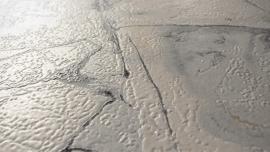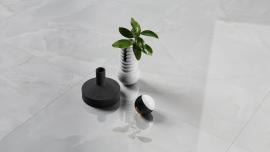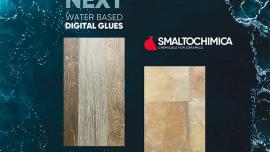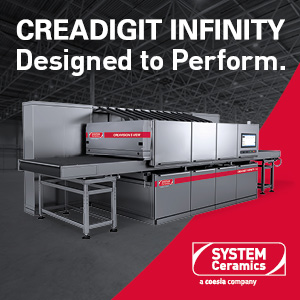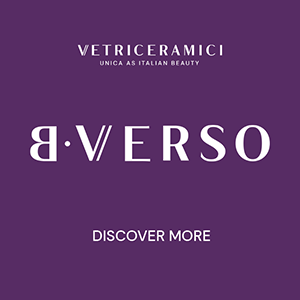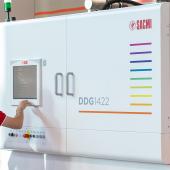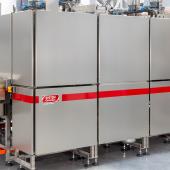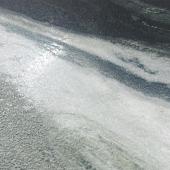Material textures: the role of chemicals
Smaltochimica offers an extensive array of glues for grit application, tailored to specific needs, whether functional, aesthetic or environmental. The range includes Drycol and Granicol for traditional dry and wet application, as well as the three families of digital glues Digicol Plus, Next and Pure.
Federico Piccinini, Smaltochimica (Fiorano Modenese, Italy)
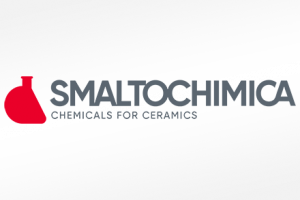
In recent years, the ceramic industry has undergone profound changes that have redefined the very concept of ceramic tiles. Thanks to increasingly advanced technologies, ceramic tiles have evolved into high-value products with remarkable aesthetic appeal and exceptional technical performance, and can now compete successfully with prestigious materials such as wood, marble and natural stone. The key drivers of this transformation include digital decoration, large tile sizes, surface finishes and the application of various types of materials.
Organic chemicals have played an essential, albeit hidden role in this revolution. While not immediately perceptible once they have performed their function (they almost always disappear during the firing process), they must nevertheless guarantee precise, easy and reproducible application.
One of the keys to creating the most sophisticated and intricate ceramic surfaces lies in the ability of ceramic designers to bring a sense of three-dimensionality to their creations, making them original and difficult to imitate.
The use of grits is a powerful means of building textures and structures, bringing richness and depth to products.
Dry application is the most traditional technique. The first step involves application of a binder, generally using an airless spray system, after which solid material is deposited by means of a grit applicator. This process generally involves depositing a large quantity of granular vitreous material, which is subsequently lapped or polished to achieve compact surfaces with extraordinary depth and a high gloss level. The DRYCOL series stands out for its excellent bonding capacity, flowability and wettability. It is capable of bonding large quantities of grit without limitations on particle sizes. It is also suitable for fixing granulates, pellets, flakes and powders. Drycol products can also be used as final fixatives to consolidate the deposited material and prevent dust formation during firing.
Due to its exceptional versatility, the most widely used technique involves applying aqueous suspensions of micro-grits using traditional glazing applicators (mainly airless systems but in some cases curtain coaters). This method is ideal for producing natural, lapped or polished surfaces. It involves the preparation of mixtures called “slips” consisting of fine vitreous grits with controlled particle sizes, suspension agents/binders to aid application, water and in most cases glazes and/or fine ceramic raw materials in varying proportions.
The GRANICOL family consists of complex formulations designed to ensure low viscosity coupled with high flowability and wettability during application, resulting in exceptional, defect-free surface finishes. The high flow limit at rest prevents sedimentation and consequent accumulation in the tank and booth. The range consists of a complete line of products to meet every production requirement, aligning with process needs, operational parameters and drying times.
The product line includes formulations optimised for high-density applications with high suspending power suitable for use with coarse grits or very low-density applications, as well as fluidised, self-levelling formulations capable of ensuring optimal application under all operating conditions. It also includes concentrated, easily dispersible powder versions to reduce warehousing space and cut down transport costs.
Glues for inkjet printing represent the latest frontier in this type of application. When used in full-field applications, they are ideal for large slabs as they reduce the volume of liquid phase deposited. Their ability to handle intricate graphic designs makes them the ideal choice for adding material to ceramic surfaces while fully exploiting the benefits of digital technology. They are extremely flexible and can be used across different areas of the production process, from surface finishing to decoration and even in creating three-dimensional structures. This effectively decouples the relief-forming stage from the press, enormously enhancing creative potential.
Smaltochimica offers an extensive array of digital glues, divided into three distinct families tailored to specific needs, whether functional, aesthetic or environmental. Suitable for use on dedicated stand-alone machines with integrated applicators or on standard machines in conjunction with conventional grit applicators, they are designed to maximise bonding strength and guarantee excellent results for full-field applications (for polished, lapped or natural surfaces) and for decoration.
The DIGICOL PLUS series comprises flexible products approved for use with the majority of commercially available printheads. Combining excellent performance and ease of use, they are available in a wide range of textures, from extra-glossy to non-reflective matt finishes.
The exclusive formulations of the DIGICOL PURE series play a pivotal role in controlling organic carbon emissions and minimising odorous components throughout the firing phases. This reduces the environmental impact of the production process without requiring alterations to production lines.
DIGICOL NEXT inks are a pioneering range of water-based products that significantly lower all the main emission parameters, namely carbon, aldehydes and odorous compounds. Designed exclusively for use with approved printheads, they are capable of binding very large quantities of grit and are compatible with commonly used digital inks.
→ Find out more on Digicol’s range
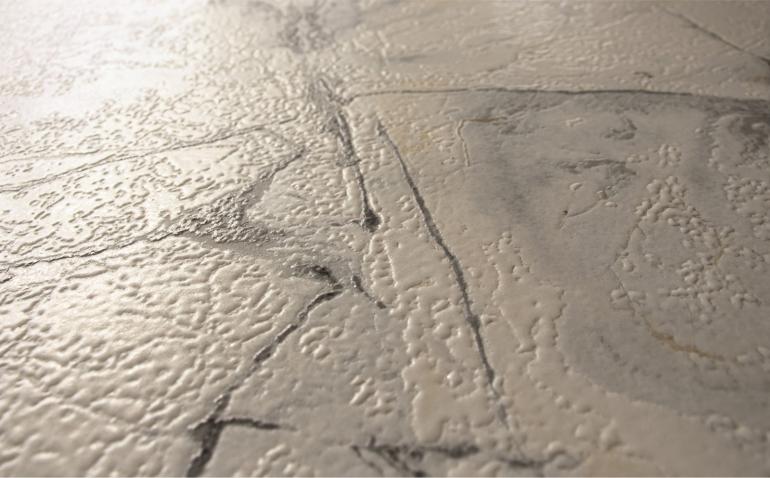
Did you find this article useful?
Join the CWW community to receive the most important news from the global ceramic industry every two weeks






